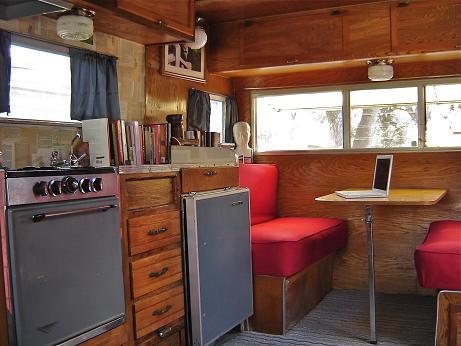One thing I’ve learned in my writing journey is if I want to be a writer, I have to guard and protect my writing time and sacrifice other leisure activities.
I have to protect my writing time against outside influences and temptations, such as the desire to grab a latte at a café table overlooking the Mississippi River.
Or maybe my cupboards are bare and I need to stock up on food at the market.
Possibly a friend called and wants to meet for an early lunch.
For me, any one of these appealing distractions are really a step onto a slippery slope to a non-writing day.
This was all fine and good before I had book contracts and deadlines to meet. Not anymore. A day lost writing means not only fewer words on the page, but a longer time to get back into the story on the next day.
So I must fiercely guard my writing time, which is normally 9 a.m. to noon, Monday through Friday. Anything that needs to be done in my life outside of writing can be done before or after. Otherwise, I’d never have written a book. And without these rules, I would not finish the one I’m going to start next week that is due in December. I got a slight kick in the pants this week, when I saw the book, Blessed Are Those Who Weep, already up on Amazon and Goodreads with an April 7th pub date.
Luckily my career is in journalism, so working on deadline is something I am used to. I don’t believe in writer’s block. Editors screaming at you and the fear of losing your job effectively eliminate writer’s block for life. I’ve learned how to write fast. Every minute counts on deadline. And distractions can be deadly.
In addition to guarding your writing time, choosing to lead a writerly life also involves sacrifice.
For me, the first thing I cut out several years ago was TV watching. I just couldn’t fit it into my day, not if I wanted to read at night, which is something that helps me as a writer. I do believe that studying TV shows can help with writing, but I also believe that studying movies can help more, so I do set aside at least one day during the week to watch movies.
A few years back, before I wrote my first novel, I was an avid reader of blogs. I probably wasted a few hours a day reading blogs about style and European life and food. That was the second thing to go. I love reading blogs, but if I’m going to be a writer, it is something I can’t take the time to do. Now, I have a handful of writerly blogs I read every day and use Feedly to skim the headlines and decide which ones to read each morning.
Time online can be an incredible black hole time suck, especially for someone with the tendency to engage in addictive and compulsive behaviors, so I must limit myself.
I do allow myself to spend a lot of time on Facebook, but because this is a way to keep in touch with my readers, I indulge myself here the most.
And I set aside time on Saturday mornings for another online activity I love: checking out Pinterest. By designating Saturdays for this, I actually look forward to it and enjoy my time looking at cute clothes, animals, and pictures that inspire me creatively.
Those are just a few of the things I do to protect and guard my writing time? What do you, dear readers, do or find works for you?






























